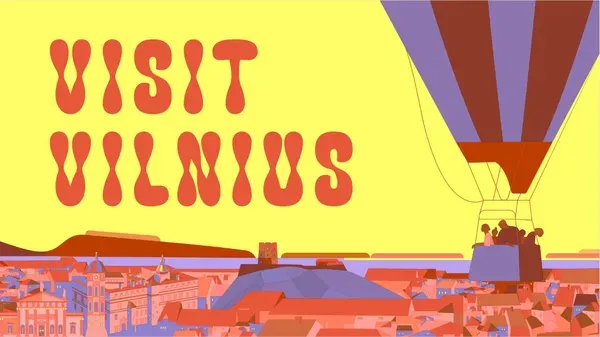Google just turned its decade-long Baltic presence into a tourism play, launching a comprehensive digital hub that brings Lithuania's capital to screens worldwide. The 'Visit Vilnius' platform on Google Arts & Culture offers over 80 stories and 2,000 photos, marking a strategic expansion of Google's cultural preservation efforts into tourism marketing.
Google is betting that virtual tourism can drive real-world visits. The tech giant just unveiled 'Visit Vilnius' on its Arts & Culture platform, transforming Lithuania's capital into an immersive digital destination that visitors can explore from anywhere in the world.
The launch coincides with Google's 10-year anniversary of establishing its Baltic office, but the timing signals something bigger - a strategic push into tourism technology that could reshape how cities market themselves globally. Working with 11 of Vilnius's top museums, Google has created what amounts to a comprehensive digital twin of the historic city center.
The numbers tell the story of Google's ambition: over 80 curated stories, more than 2,000 high-resolution photos, and 20+ Street View captures that let users virtually walk through medieval streets that UNESCO has protected for decades. According to Google's Arts & Culture platform, visitors can now virtually ascend the Vilnius TV Tower - which stands two meters taller than the Eiffel Tower - for panoramic views that span from the UNESCO-inscribed Old Town to the modern Business District.
"Today, on the occasion of Google's 10-year office anniversary in the Baltics, the city of Vilnius is proud to unveil Visit Vilnius on Google Arts & Culture," Valdas Benkunskas, Mayor of Vilnius, said in Google's announcement. The collaboration represents a new model for public-private cultural partnerships.
The platform showcases Vilnius's unique blend of medieval architecture and modern innovation through carefully curated digital experiences. Users can explore Skapo gatvė, the city's narrowest street where buildings squeeze within 1.9 meters of each other, or virtually visit the bohemian Užupis district - an artistic quarter that declared itself an independent republic in 1997.
Google's push into cultural tourism comes as cities worldwide seek digital strategies to boost visitor numbers post-pandemic. The Vilnius initiative leverages Google's existing Street View technology and Arts & Culture platform, which has previously digitized collections from over 2,000 museums globally. But this marks Google's most comprehensive city-focused tourism effort.












